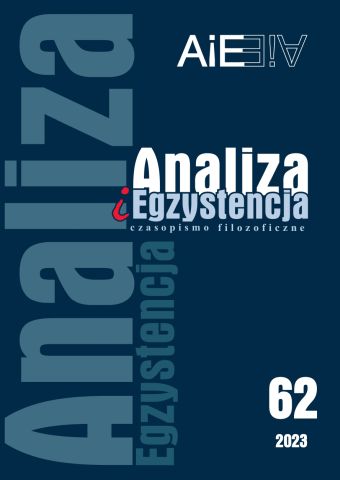Real Deletion, Time, and Possibility
Real Deletion, Time, and Possibility
Author(s): Randall E. AuxierSubject(s): Philosophy, Metaphysics, Ethics / Practical Philosophy, Social Philosophy
Published by: Wydawnictwo Naukowe Uniwersytetu Szczecińskiego
Keywords: time; process; artificial intelligence; temporality; possibility; potency; Whitehead; Bergson
Summary/Abstract: Does anything ever really “go away,” completely? This paper is a search for “real deletion,” and the metaphysics that must accompany real deletion. Why is that important? In artificial intelligence studies, researchers have offered a moving target for when artificial intelligence has been achieved. It began with the Turing test and has evolved through a thousand arguments (e.g., Dreyfuss’s What Computers Can’t Do, through Kurzweil’s “singularity” and into a hundred other criteria and thousands of discussions about what intelligence is and what it would mean to simulate or, as I favor, emulate it). This whole discussion is still just sorting through analogies to human intelligence, not approaching the thing itself, but good analogies must approach much more than analogous function: they must approach real indiscernibility. My arguments here will therefore be largely in the field of metaphysics and ontology, which is how I understand the word “real” in the phrase “real deletion.” I do not think that current researchers have rightly understood time and how it bears upon the criterion or criteria of artificial intelligence. Hence, I offer “real deletion,” in the sense to be described, as the criterion. The AI argument has implications for all of metaphysics as it relates to the fundamental character of time.
Journal: Analiza i Egzystencja: czasopismo filozoficzne
- Issue Year: 2023
- Issue No: 62
- Page Range: 5-41
- Page Count: 37
- Language: English

